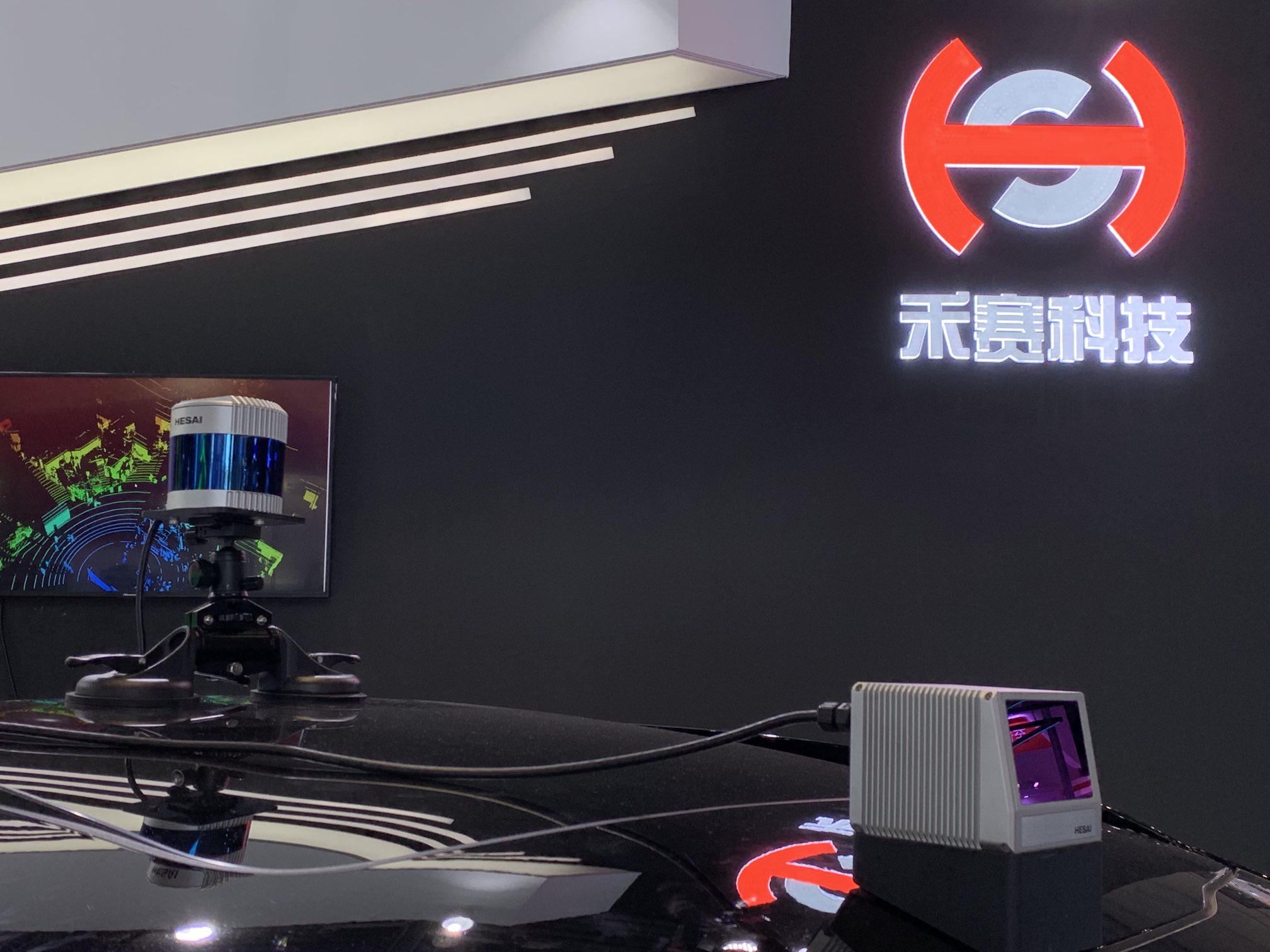Chinese technology company Hesai Technology has announced its intention to sue the United States Department of Defense following allegations linking its business operations to the military.
Disputing the Pentagon’s recent assertion, Hesai has deemed the claim unjust and unsubstantiated, asserting its commitment to defending its reputation and interests.
In a public statement released on February 8, Hesai Technology refuted the decision made by the US Department of Defense on January 31 to include the company on its updated list of “Chinese military-related companies.”
In addition to Hesai Technology, the US Department of Defense has identified other entities operating in the United States with connections to the Chinese military.
These include artificial intelligence companies Yitu Technology and Beijing Megvii, drone manufacturer Chengdu JOUAV, and technology firm NetPosa.
These companies are now part of the 1260H list, which includes Shenzhen-based consumer drone maker DJI Technology and China’s foremost genetics firm, BGI.
This list informs US and international companies about entities that may be involved in supporting Beijing’s military-industrial complex.

The 1260H list was first established under the National Defense Authorization Act for fiscal year 2021.
Updated annually by the Defense Department, this list identifies and tracks entities potentially causing American national security concerns.
The Chinese firm Hesai Technology labeled the move as an erroneous, unjust, and lacking basis.
In response to safeguard its integrity, Hesai has declared its plans to sue the US government department.
Hesai Technology, known for its lidar products in various applications such as automotive safety systems and robotics, said it maintains a commitment to compliance, integrity, and lawful operation principles.
Expressing disappointment over the US decision, Hesai reiterated that its lidar products are exclusively intended for civilian use. The company vehemently denies any involvement with military entities in any country.
US’ Stringent Measures Against Chinese Firms
Adding Hesai to the list comes as part of a broader effort by the US to expand its technology blockade targeting Chinese entities.
In its statement, the US Department of Defense declared its intention to continue updating the list with additional entities deemed appropriate.
Hesai’s decision to pursue legal action underscores the escalating tensions between the US and Chinese tech firms, reflecting the broader geopolitical challenges surrounding technology and national security.
Chinese media said that the response from the Chinese company is highly reasonable, considering the opaque and unfair actions undertaken by the US, which can potentially damage the reputations of Chinese companies in the global market.
China’s Foreign Ministry has also condemned the move, denouncing the US Defense Department’s decision to blacklist a dozen Chinese companies under the pretext of preventing American technology from aiding the Chinese military.
During a routine press conference on February 1, the ministry’s spokesperson Wang Wenbin expressed China’s staunch opposition to the US practice of expanding the interpretation of national security, creating discriminatory lists, targeting Chinese companies, and disrupting regular economic and trade collaboration between China and the US.
Washington’s efforts to identify “Chinese military companies” are part of a broader strategy aimed at impeding US investment in entities involved in developing dual-use technologies, which could potentially enhance the capabilities of the Chinese military.
Inclusion on the list does not result in an outright ban, but it does render the listed firms ineligible for contracts with the Defense Department.
Moreover, being labeled as such could lead to blacklisting by the US Treasury Department, thereby limiting the companies’ business opportunities.
President Joe Biden’s executive order in August 2023 further restricted US private equity and venture capital investments in China, particularly those involving sensitive technologies such as artificial intelligence.
These stringent measures have yielded tangible outcomes. For instance, Chinese exports to the US experienced a notable decline of 13.1 percent in 2023 compared to the previous year, marking the sharpest decrease in nearly three decades, according to data from Chinese customs.
Former US President Donald Trump also intends to impose additional tariffs, potentially exceeding 60 percent, on Chinese imports if re-elected.
Trump is the front-runner for the Republican nomination in the upcoming US presidential race.
In 2018 and 2019, the Trump administration raised tariffs to 25 percent on hundreds of billions of dollars worth of Chinese goods. In response, China retaliated by imposing supplementary tariffs on select US goods.
- Contact the author at ashishmichel(at)gmail.com
- Follow EurAsian Times on Google News